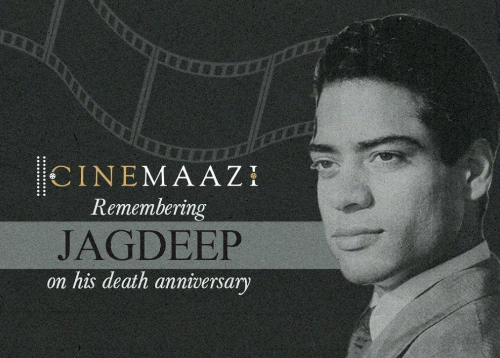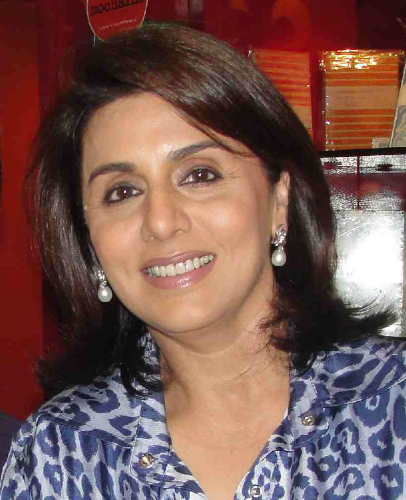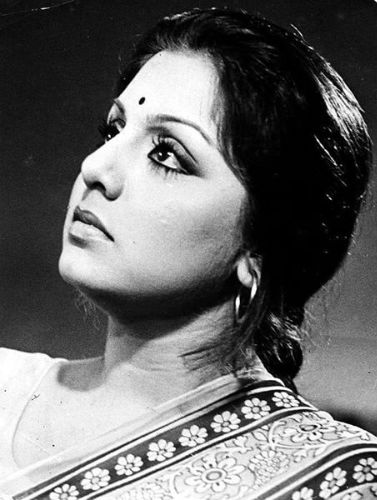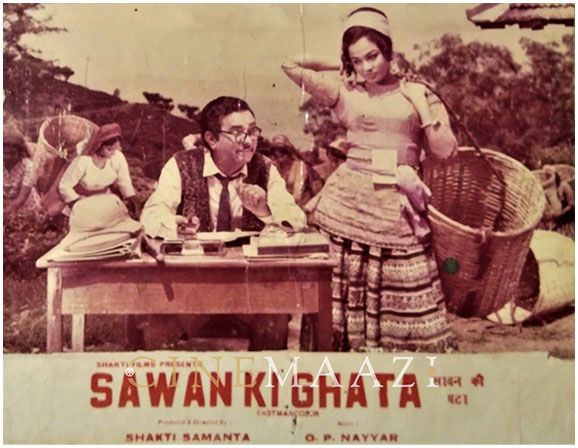Homi Master
- Died: 1949 (Mumbai)
Famously regarded as one of the top directors of silent cinema in the Indian film industry, Homi Master started his journey as an ecstatic young actor and went on to direct some of the greatest hits of his time. At the age of 13, he joined the leading Victoria Theatrical Company founded by theatre artist Khurshedji Baliwala, and achieved great acclaim as a stage actor, notably for his performance in Pakzaad Parveen. He also worked briefly with the Phalke Film Company and sent to Europe to market their films.
Upon joining the Kohinoor Film Company, Homi Master went on to play the part of Duryodhan in Kanjibhai Rathod’s Bhakta Vidur (1921), a film that created ripples across the country and led to the most famous censorship dispute of the silent era. The film, although rooted in the classic Indian epic Mahabharata, was seen as a silent admonition of the political atmosphere of the country at the time, while the character of Vidur bore a conspicuous resemblance with Mahatma Gandhi. This controversy granted Bhakta Vidur the status of being the first Indian film to be banned. He also acted as the lead in the film Kala Naag (1924).
In his premier directorial, Bismi Sadi (1924) starring Raja Sandow, Homi Master laid the foundations for the dramatic, realist socials he is credited with. Often working along the tangents of exploring controversial social dilemmas and practices, the director was lauded for his theatrical style and vision. Many of his films like Kulin Kanta (1925), Fankdo Fituri (1925), Lanka Ni Laadi (1925) and The Telephone Girl/ Telephone ni Taruni (1926) among others, were exemplary of his genius in juxtaposing striking narratives within exciting social scandals, which propelled the popularity and success of the Kohinoor Film Co.
Homi Master continued to work in the film industry, directing a number of B films in Hindi and Gujarati, and finally retired as a Production Manager at Kardar’s Studio in Mumbai. He passed away in the year 1949.
References
1. Encyclopaedia of Indian Cinema. Ed. Ashish Rajadhyaksha and Paul Willemen. Oxford University Press. New Delhi. 1999.
2. The Cinemas of India. Yves Thoraval. Manmillan India Limited. New Delhi. 2000







.jpg)


